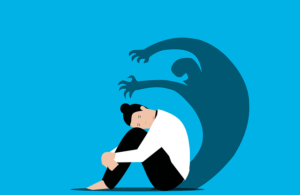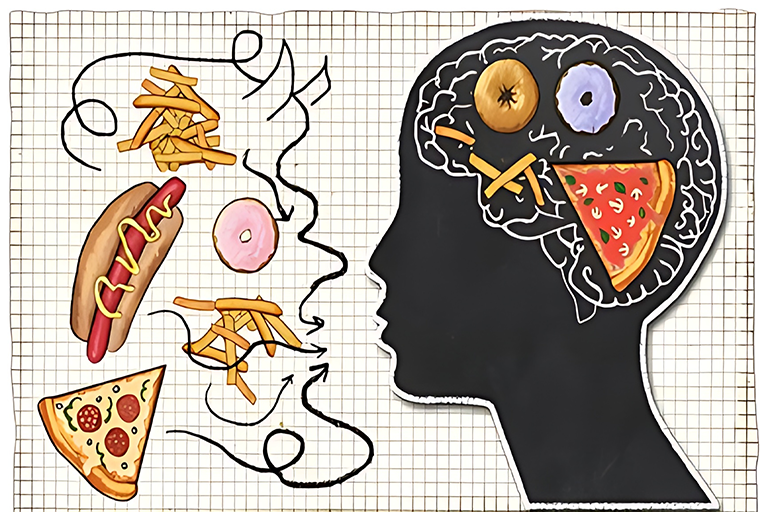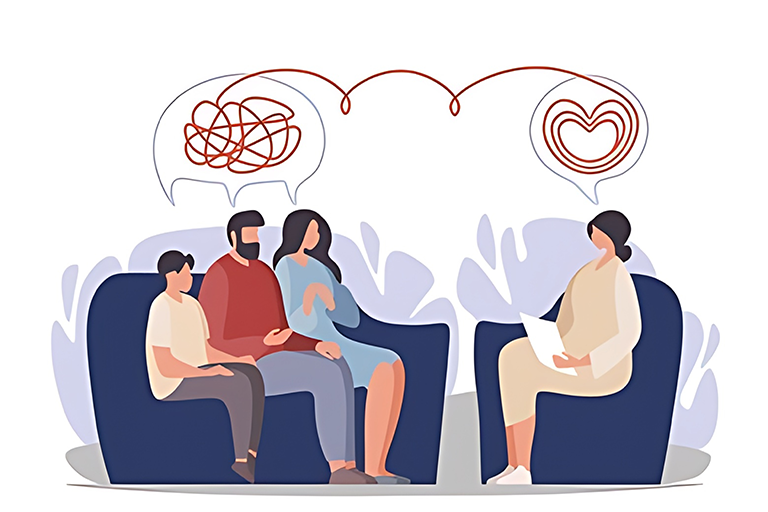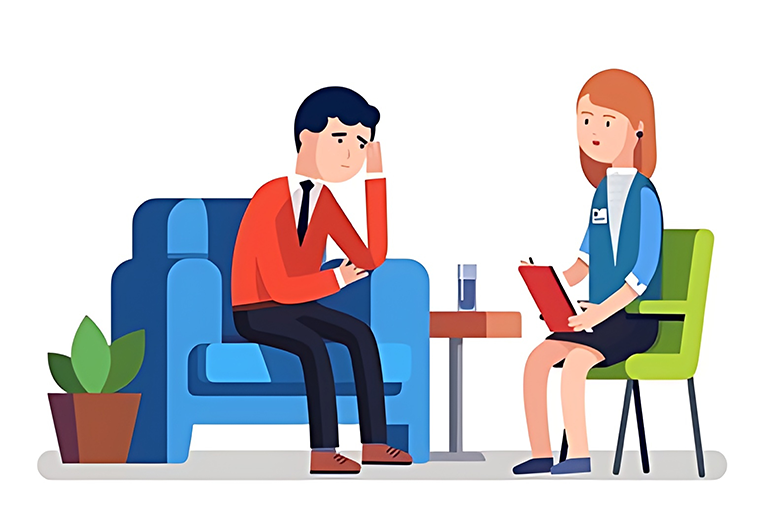Fear is a powerful and complex emotion that plays an important role in our lives. It is an emotional response to a perceived threat or danger, and it can range from mild unease to a full-blown panic attack. In this blog, we will explore fear as an emotion, its triggers, effects, and some coping strategies for dealing with fear.
What is Fear as an emotion?
Fear is an emotional response to a perceived threat or danger. It is a natural and instinctive reaction that prepares us to either fight or flee from the perceived threat. Fear is a universal emotion that can be observed across cultures, and it is characterized by a range of physical and psychological symptoms, including increased heart rate, rapid breathing, sweating, and feelings of dread or terror.

The triggers of Fear
Fear can be triggered by a wide range of events, both real and imagined. Some common triggers of fear include:
Physical threats: Fear can be triggered by physical threats such as danger to one’s safety, illness or injury, or exposure to natural disasters.
Social threats: Fear can be triggered by social threats such as rejection, public speaking, or performance anxiety.
Psychological threats: Fear can also be triggered by psychological threats such as phobias, anxiety disorders, or post-traumatic stress disorder (PTSD).
The effects of Fear

Fear can have both positive and negative effects on our emotions and behavior. On the positive side, fear can be a source of motivation, helping us to prepare for and respond to perceived threats. Fear can also help us to learn from past experiences and avoid potential danger in the future.
On the negative side, fear can also be a source of stress, anxiety, and avoidance. It can lead to feelings of helplessness, hopelessness, and isolation, and it can interfere with our ability to engage in activities and experiences that we value.
Coping strategies for dealing with Fear
While fear can be a challenging emotion to deal with, several coping strategies can help us manage our fear in healthy ways. Here are some strategies for dealing with fear:
Identify the source of your fear: Try to identify the source of your fear and understand why it triggers your fear response. This can help you to develop more effective coping strategies.
Challenge your thoughts: Fear is often fueled by negative or irrational thoughts. Try to challenge these thoughts by asking yourself whether they are based on reality or whether there is evidence to support them.
Practice relaxation techniques: Relaxation techniques such as deep breathing, progressive muscle relaxation, and meditation can help to reduce feelings of anxiety and stress.
Seek support: If you feel overwhelmed by your feelings of fear, it may be helpful to seek support from a friend, family member, or mental health professional. Talking through your emotions with someone else can help to alleviate stress and anxiety.
Conclusion
In conclusion, fear is a powerful and complex emotion that can have both positive and negative effects on our lives. By identifying the source of our fear, challenging negative thoughts, practicing relaxation techniques, and seeking support, when necessary, we can learn to manage our fear in healthy and constructive ways. Ultimately, by learning to manage our fear, we can improve our physical and mental health, reduce our feelings of stress and anxiety, and live more fulfilling lives.
We can learn to control our fear in healthy and beneficial ways by recognizing its cause, challenging unfavorable beliefs, practicing relaxation techniques, and getting support when necessary. Ultimately, by developing the ability to control our fear, we may enhance both our physical and emotional well-being, lessen stress and anxiety, and lead more rewarding lives.
Learn more: Mental Health Awareness
& Mobile Phone Addiction & Teenagers
Shruti Dua, Mental Health Blogger, YOUR Confidant





